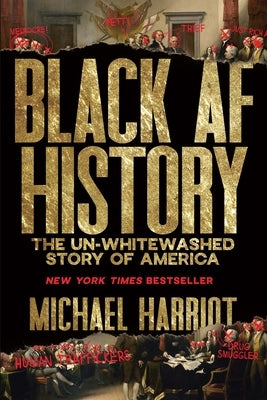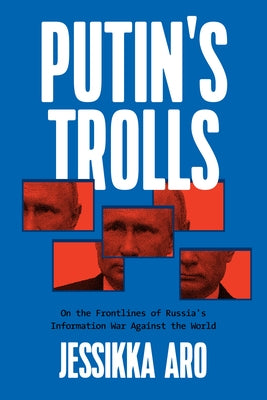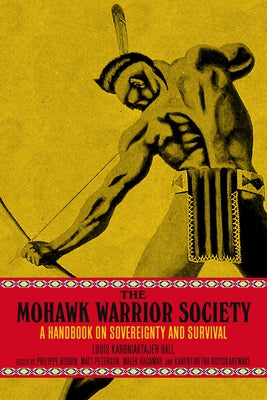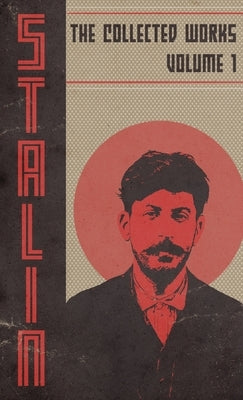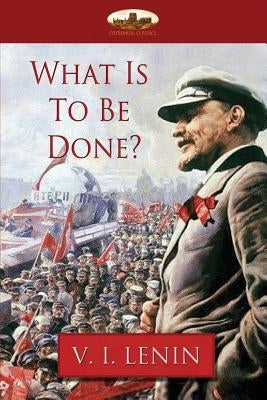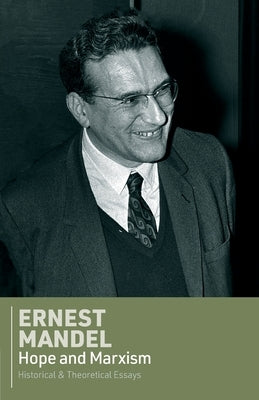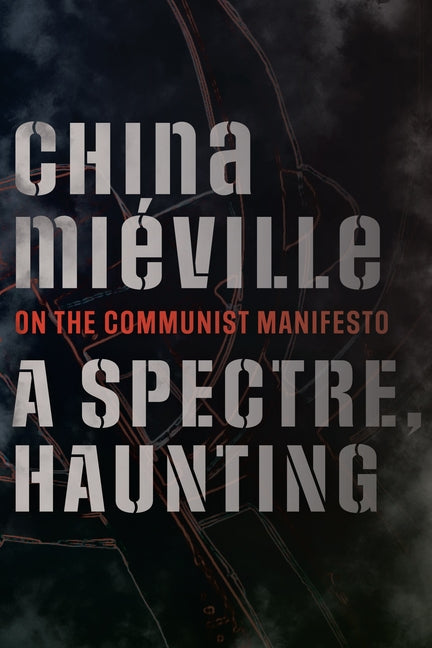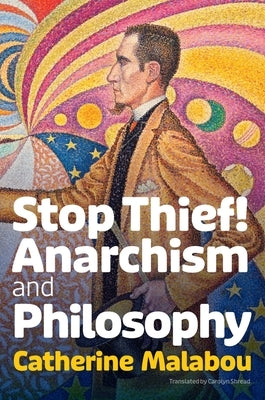Black AF History: The Un-Whitewashed Story of America
$23.99
$32.50
Is the Red Flag Flying?
$23.99
$25.99
Mein Kampf - The 1939 Illustrated Edition
$36.99
$39.99
Collected Works of Josef Stalin: Volume 1
$20.99
$22.00
Notes on Resistance
$13.99
$18.95
What Is To Be Done?
$8.99
$9.60
Anarcho-Syndicalism: Theory and Practice
$9.99
$12.95
System Crash
$14.00
Understanding Human Dignity
$62.99
For the Earth to Live: The case for Ecosocialism
$19.99
$21.00
Is Free Speech Under Threat?
$21.99
$29.99
Hope and Marxism
$18.99
$20.00
Palestine and Marxism
$13.99
$15.00
War, Global Capitalism and Resistance
$18.99
$20.00
Internationalism or Russification
$22.99
$24.00
Resisting Trumpism
$7.99
$8.00
Fascism: What It Is and How to Fight It
$3.99
$5.00
Anarchism and Other Essays
$15.95
Reform or Revolution and Other Writings
$10.99
$14.95
Deadly Quiet City: True Stories from Wuhan
$20.99
$27.99
A Spectre, Haunting: On the Communist Manifesto
$15.99
$21.95
Israel's War on Gaza
$7.99
$8.00
Stop Thief!: Anarchism and Philosophy
$21.99
$24.95
Mind Fuck
$7.99
$8.00
Trickle Down Theory and Tax Cuts for the Rich
$4.99
$5.00


